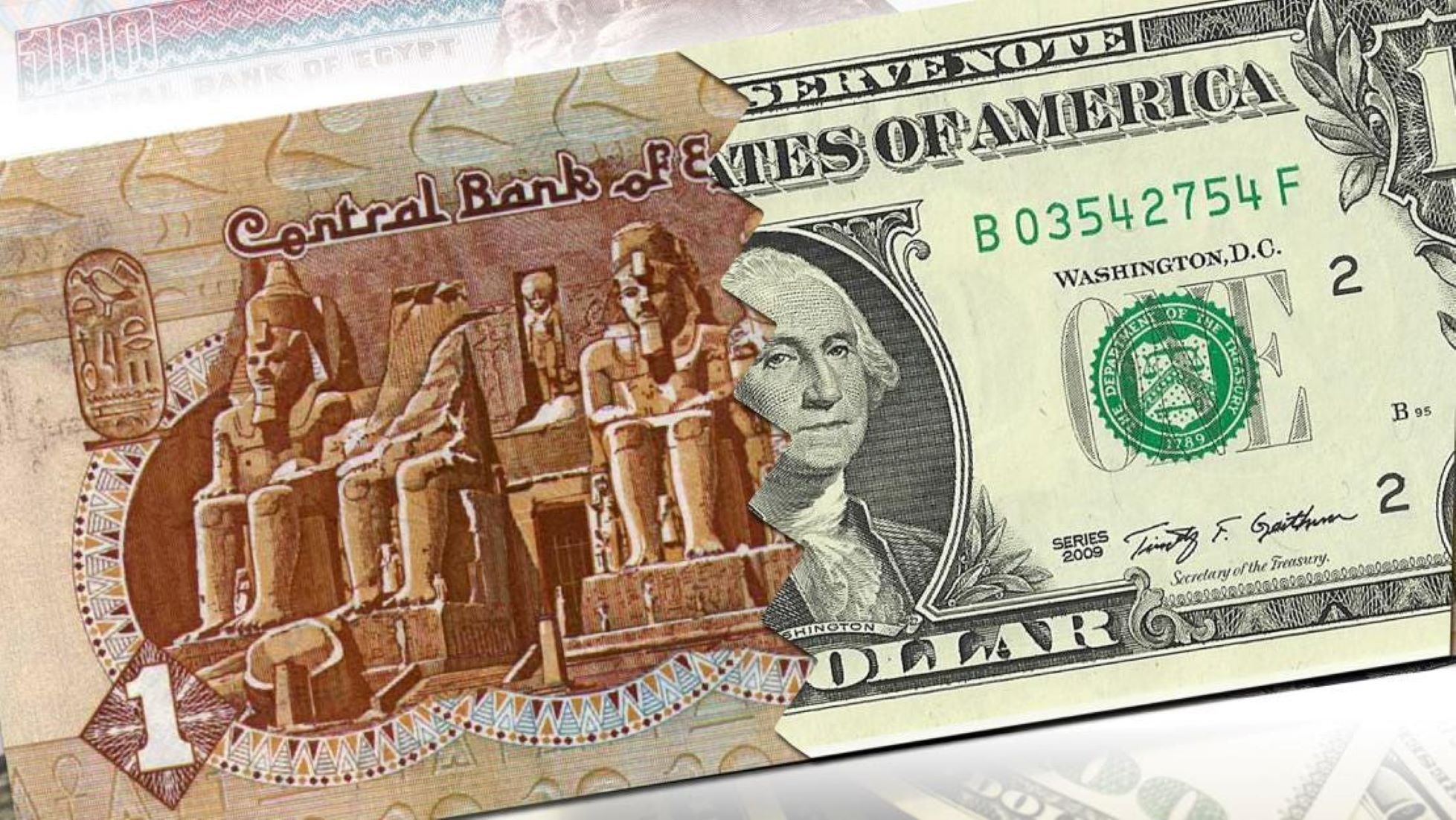by Mahmoud Fouly
CAIRO, Mac 12 (NNN-XINHUA) – The recent decisions by Egypt’s central bank, to float the country’s local currency and raise the interest rates by six percent seek to curb the rising inflation, and stabilise the currency exchange market, said Egyptian economist, Fakhri al-Fiqi, in a recent interview with Xinhua.
“These bold decisions aim to reduce inflation and rising prices within one year, until inflation rates decline to the central bank’s target of a single-digit number,” al-Fiqi, an economics professor and head of Egypt’s parliamentary planning and budget committee, explained.
Egypt has been struggling to curb rising urban inflation, which reached 35.7 percent in Feb, compared to 29.8 percent in Jan, according to a report released by Egypt’s Central Agency for Public Mobilisation and Statistics (CAPMAS).
Describing the 6-percent interest hike as “unprecedented,” the expert said, it aims to reduce inflation “in the shortest time possible, to alleviate the negative effects of high prices on the social fabric,” noting that high inflation “makes the rich richer and the poor poorer.”
Al-Fiqi pointed out the interest rate hike will remain for a certain period, until inflation is contained, then the central bank will start lowering it again.
“The second goal of the CBE’s measures is to unify and stabilise the exchange rate, to reflect its true value in the Egyptian economy,” the Egyptian economist told Xinhua.
Al-Fiqi said, the full floatation of the Egyptian pound was supported by a foreign cash inflow, including a 35-billion-dollar investment deal, Egypt signed with the United Arab Emirates, in late Feb, to develop a new resort city, Ras Al-Hekma, on Egypt’s northern coast.
Another foreign currency inflow is the eight-billion-dollar loan, provided by the International Monetary Fund (IMF), which finalised the deal soon after the CBE announced the currency’s full floatation and interest hikes.
Egypt’s Finance Minister, Mohamed Maait, expected the IMF deal to pave the way for his country to receive over 20 billion dollars, in additional funding from other partners, including the World Bank, the European Union, the African Development Bank, the Arab Monetary Fund and others.
“When the currency exchange market stabilises and the accumulation of goods at Egyptian ports, due to shortage of foreign currency, ends, the dollar exchange rate will begin to gradually decline towards its real price,” said the Egyptian economist.
He added that, while the dollar is currently exchanged for about 50 Egyptian pounds, its true value, provided sufficient cash is available and sustainable, varies between 35 and 40 pounds, noting that, Egypt needs about 6.5 billion dollars monthly for imports.
Al-Fiqi suggested enhancing manufacturing and expanding the role of the private sector in the economy, as strategies for addressing the challenges of dollar scarcity and persistent inflation in the future.– NNN-XINHUA





